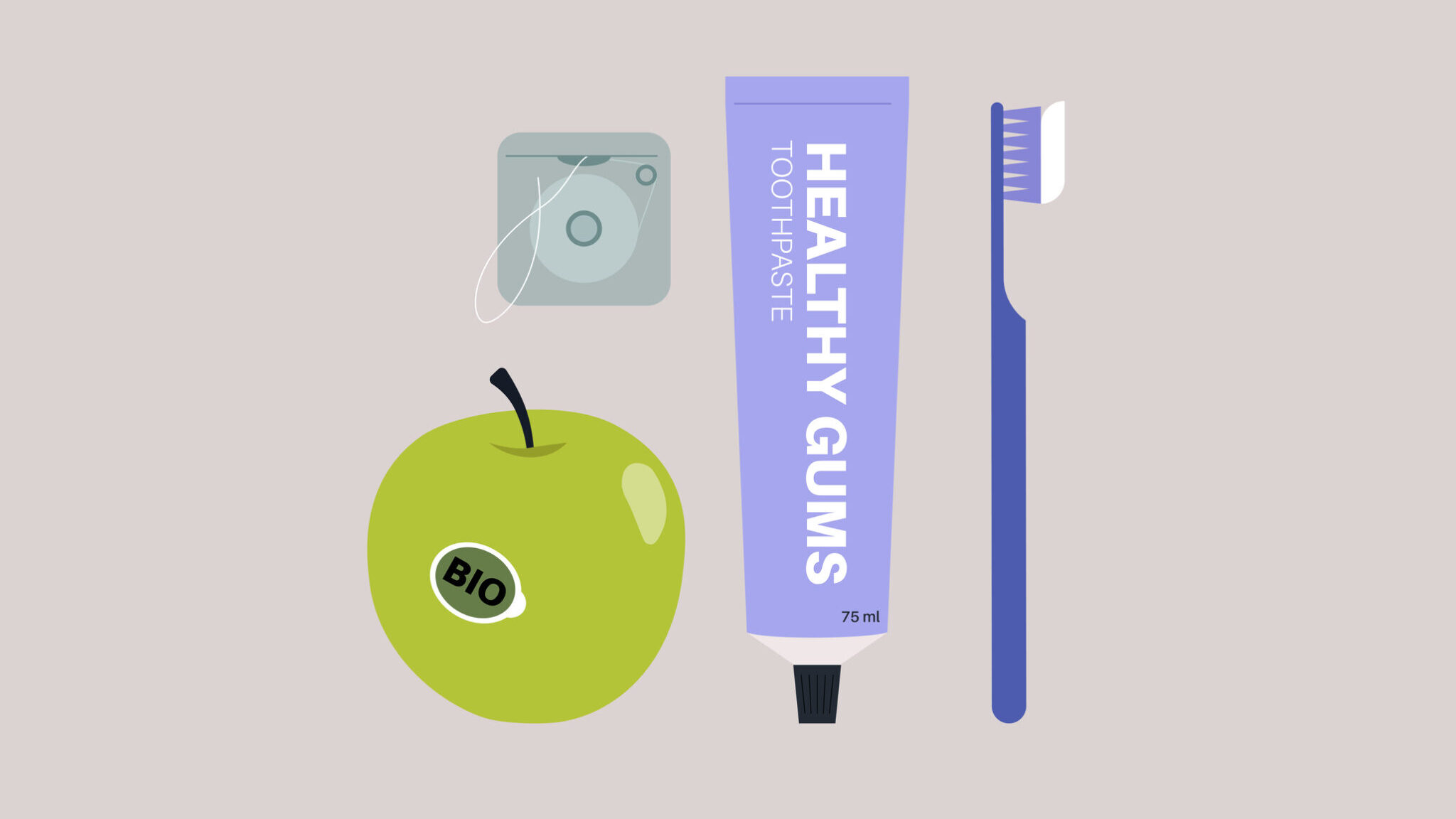From the New York Times
The Problem With Pacifiers By C. CLAIBORNE RAY
Q. Do pacifiers affect babies’ teeth?
A. Pacifiers “can have some adverse effects on the structures of the oral cavity, especially after prolonged use,” said Dr. Abhinav Sinha, director of the pediatric dental clinic at NewYork-Presbyterian/Weill Cornell Medical Center. The most common effect he sees after what he called “chronic” pacifier use is an anterior open bite, an obvious gap between the upper front and lower front teeth when the jaw is closed. In this circumstance, he said, “the back teeth touch, but the front teeth do not.” Another common effect is a posterior crossbite, “when the upper back teeth are tucked inside the lower back teeth due to the constant sucking habit,” Dr. Sinha said. Significantly increased overjet, a marked horizontal projection of the upper teeth beyond the lower teeth, is fairly common, too, he said. (Overbite is when the upper teeth overlap the lower ones more than normal.)
Pacifier use past the age of 5 can delay the front baby teeth from falling out at a normal time and hinder emergence of adult teeth, Dr. Sinha said. And studies have shown, he said, that increased pacifier use is associated with more ear infections and more speech and language problems. A pacifier should be used only when a child is going to sleep, then removed immediately, Dr. Sinha advised. The habit should end before the second birthday, he said, but children should be coaxed to “give it up even earlier — the sooner the better.”












